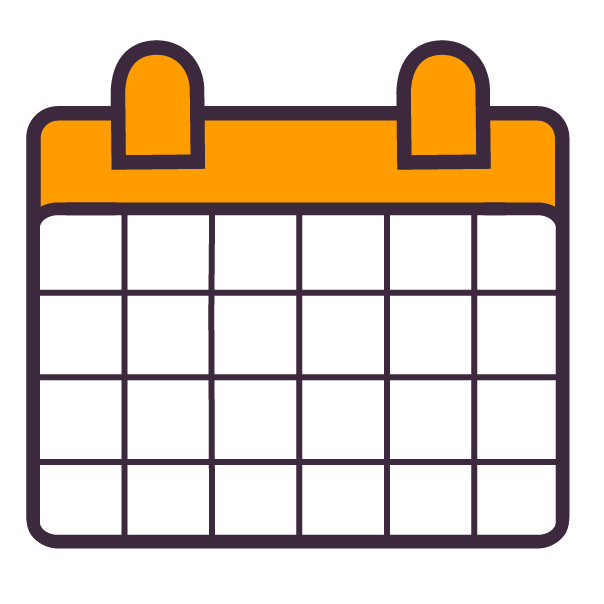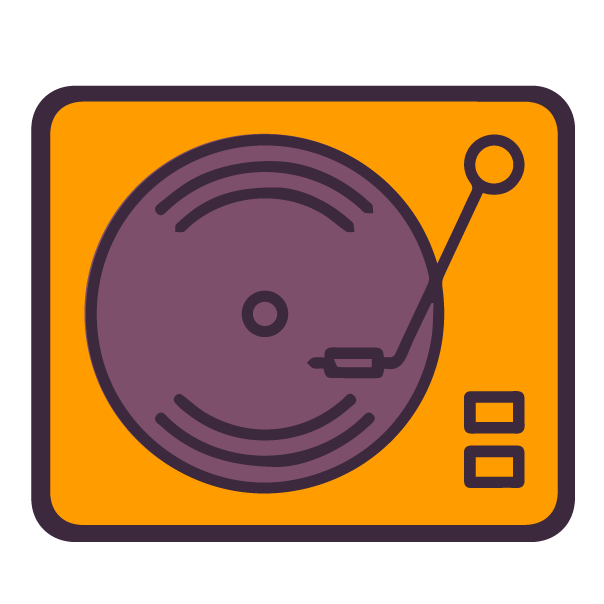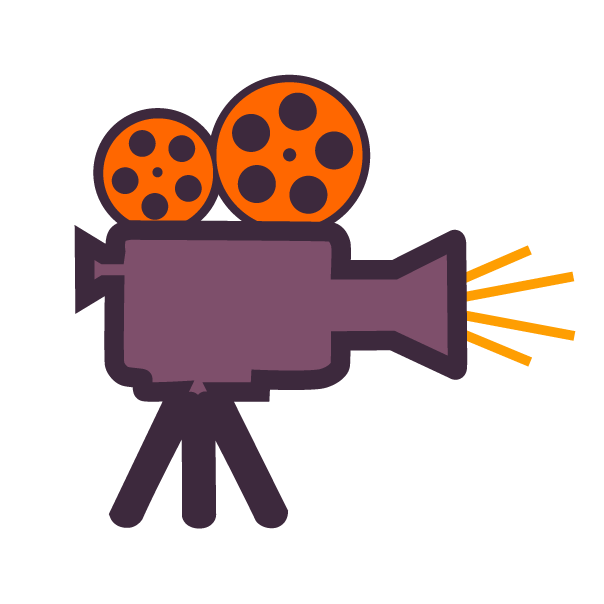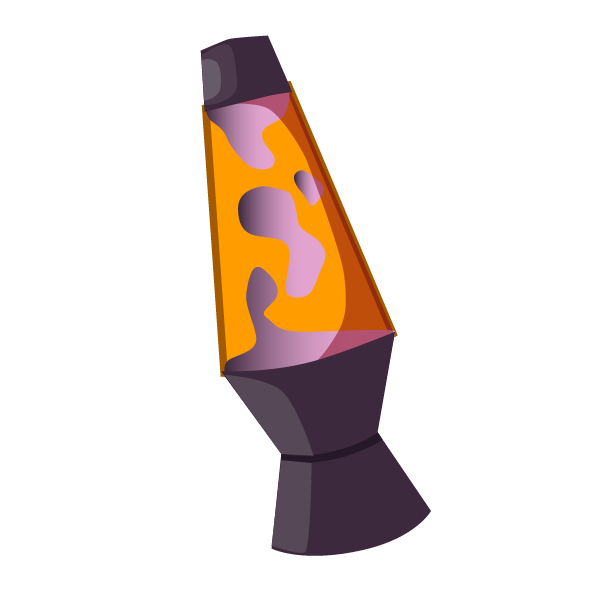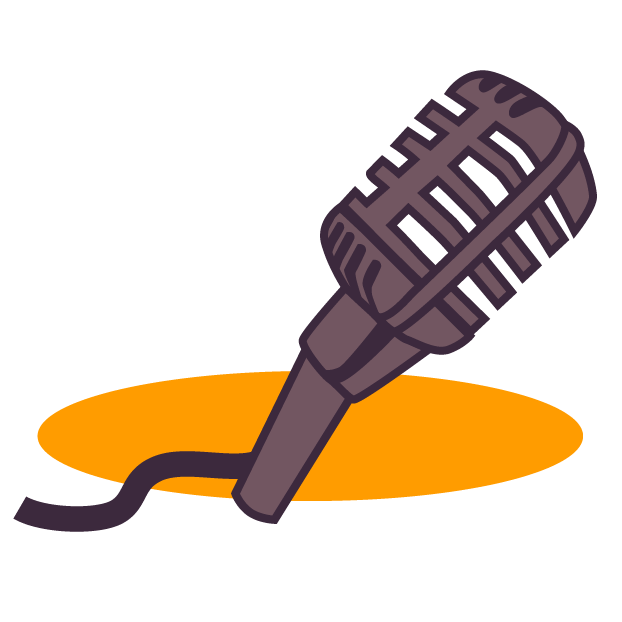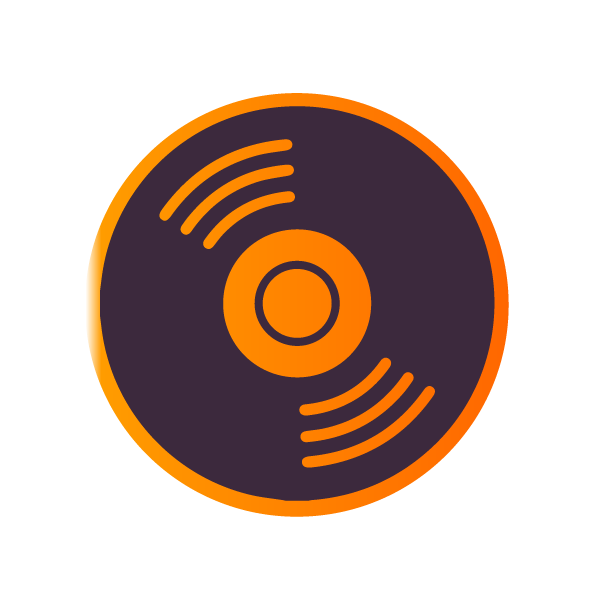By Jimmy Ring | September 7, 2023
📸: shot by Jill Boyatsis

Octave Cat took the stage at the Brooklyn Bowl on a late August night, displaying highly developed synthetic precision and good old fashioned percussive sensitivity. The members took the floor: Eli Winderman on the bongos, piano, and mono synthesizer; Jesse Miller on bass and modular synthesizer; and Charlie Patierno drumming away on the ones, twos, threes, fours, and mores. Combining balanced synth tones with bouncing bass lines and a tight backbeat, the stage quickly gave way to a dance floor on a tight run through “The Epicurean.” The masterful Moog solos, the punctuated Prodigy pinpoints, and the sweeping bass set an exploratory, colorful tone for the night.
Their performance of “Talk to Me,” a single from their new album Sprezzatura, showed off their chromatic range. Buzzing synth lines took the foreground while smooth undertones added a smooth sophistication to the jam. This exploratory persuasion appeared again and again throughout the night, evident in both the calculated synthesizer flares and the personality-filled twists of the instruments at play. As the band moved into the bongo pops and symphonic overtones of “Rotoscope,” it became evident that the synthesizer has become more than a tool used to sniff out tonal colors hidden away in the sublime. The synthesizer, when taken with the gentle touch of the artist’s instrument, clearly serves as a vehicle for the fearless exploration of space. And with such advanced machinery at their fingertips, our endearing ship captains steered the ship in a bold and intimate manner, guiding the crowd through territories both far beyond and deep within.
Other highlights from the night included “Metropolis,” which combined the band’s penchant for deep space exploration with a down-to-earth lounge music vibe. The band’s late hours spent in the studio paid off as they produced the kind of music no partner could mistake for a background parlor hop. Miller then took us through the treacherous and dark tones of Social Meteor, featuring a pulsing synthetic backbeat and wildly colored tones.
The band then transitioned to “TitTat,” setting sail into calmer, cosmic waters. The audience was given a wondrous treat as the vibe took a turn for the rich and soulful. The three-piece closed the set with some infinitely danceable tracks. “Precarious” displayed suspenseful synth build ups and jazzy instrumental breakdowns, while “Vader” employed the full force of the combination between the colorful synthetic and the more personal, sensitive analog. Buzzing synthetic beats introduced the encore, “Send it to Donny,” and smooth flowing tones from Winderman highlighted the exploratory, curious flavor that seems to be Octave Cat’s signature spice.
The cover of Octave Cat’s newly released album, Sprezzatura, features artwork of an escalator leading from an extraterrestrial planet into space, in the direction of a planet that looks suspiciously like our own. The escalator leads onward, carrying travelers into the vastness of the cosmos, possibly back home to Earth. Octave Cat is a ship made up of synthetic magic, driven by human intuition deep that dives deep into musical possibility. Maybe, just maybe, these precise, synthetic elements have combined with quirky, loveable human idiosyncrasy to drive us further into the unknown and to learn deeper truths about the world’s interior and exterior. And maybe, just maybe, those late nights hard at work do end up producing some pretty incredible parlor music.
The Groovement was lucky enough to sit down with Octave Cat’s bassist, Jesse Miller, before the show, where they answered a few questions for the groovement.
What was the first concert you ever attended?
Jesse: The first concert to have a really big impact on me was Big Head Todd at Red Rocks, it must have been in about 1996? Big Head Todd was a rocker, and kind of a hometown hero to me growing up in the Red Rocks area. Ween also opened for them. That was a little off-putting, but definitely an interesting show.
So you’re originally from the Colorado area, outside Denver?
Jesse: Yeah, that’s where I grew up.
And have you played in New York often?
Jesse: Yeah. I live in Philly, so I’m up in the city pretty often, especially Brooklyn.
How did you guys get started with Octave Cat?
Jesse: I think we started up in 2016. At the time, we didn’t really intend to start a group. You know, Eli was just around Philly and I knew him a little bit, but we hadn’t really hung out. So I had him over at my place and I was just kind of showing him some of my synths and keyboards and we just started recording a couple things. We liked what we had, so we recorded a few songs with a drum machine, and at that point we were like, “Oh yeah, we like where these songs are going.” So we got Charlie involved to record on some tracks and it all culminated in our first record. We felt like we just had something different than each of our main groups, something that was special. And so here we are!
How’d you meet Eli and Chris?
Jesse: To be honest, with Eli I’m not even exactly sure! I’m pretty sure it was at a festival or something, but we were definitely running in the same musical circles. Charlie had opened for Lotus with another band and I just knew him from the Philly scene. I knew he was a drummer that could do jazz, dance, and funk beats and could really tie all those worlds together nicely, so he was kind of a natural fit.
Do you remember the first concert you guys played together as Octave Cat?
Jesse: We did Summerdance, the festival Lotus throws every Labor Day weekend. That was the first one. We just had a good response and it was right before our first album came out. So basically we introduced Lotus fans to it early and we’ve had a few good Octave Cat sets back at Summerdance since.
What’s the origin of your name? I know there’s a synth named the Octave Cat, right?
Jesse: Yeah, so you can actually see it behind me here in my studio. It’s this seventies mono synth that I got turned on to by Black Moth Super Rainbow and TOBACCO. They’re a group from Pittsburgh, and TOBACCO was sort of their main producer. They had this synth-centric sound, and TOBACCO used the Octave Cat. It just had this unique, really gritty texture that I loved. So when we first started writing, we were using the Octave Cat a lot. I mean, honestly we still use it a lot in our recordings. We don’t use it much on stage, Eli’s main mono synth is called the Prodigy and he usually uses that. But the Octave Cat was just kind of central to the production of the early songs, and it just seemed like an interesting name. And there’s a tradition of naming groups or tracks after synths, so it kind of fits into that tradition as well.
How would you say you describe your music?
Jesse: I mean, jazz-dance would be the first thing that comes to mind, but that also makes it sound like it’s easy listening or something. Usually I tell people just to listen to it because it doesn’t fit cleanly into any one genre. I feel like there’s a lot of groups out there bringing in jazz and funk elements that I kind of describe as “joke jazz,” like in the vein of Vulfpeck and things like that. I don’t really know how this originated, but there’s this like, humor element involved in their sets that’s pretty different from what we’re doing, even though there are a lot of similar aspects musically.
It’s interesting to try and open up a jazz band with that as a precedent in popular culture. Vulfpeck is really unique and what they do, but I definitely see a lot more of this tongue-in-cheek jazz style making an appearance on the scene.
Jesse: Yeah, and those guys are all like rippers. I think of Louis Cole and Cory Wong and Sam Greenfield. They’re doing some pretty serious musical stuff, but there’s always this humor element, which maybe makes these complex jazz ideas sit easier for some people? I don’t know. The humor part is something that I never really personally gravitated toward.
At some level, it’s like Octave Cat is on a different branch on the end of a similar tree. You’re all trying to make jazz really fun and accessible in a certain way. They take this sort of the tongue-in-cheek route, while you guys lean more towards the dance party end of the spectrum.
Jesse: Yeah, we definitely go a little heavier on the synths, that dance side is definitely something we lean into with the modular setup and Eli with the Prodigy. Yeah, absolutely.
Who or what would you say you guys draw your inspiration from?
Jesse: On the jazz side, we’re big fans of Medeski Martin and Wood and Herbie Hancock. We like that funk element, where groups take these jazz harmonies and put them with something that’s groove oriented. I feel like with electronic music, it’s almost easier to find specific tracks, and we each have like our producers that we look to individually. I’d say between all of us, some of the electronic side influences are Justice and Aphex Twin. We’re also big fans of anyone who takes a rock approach to electronic music, if that makes sense. Bringing those two sides together is what it’s all about.
Do you have anything specific you want people to take away from your music?
Jesse: You know, I think sometimes with a group that’s more of a side project, it can be easy for people to sort of dismiss this band as less serious. But with Octave Cat, it isn’t like we just jump on stage and improvise. We spend a ton of time writing and we’re really proud of our studio records. So yeah, if people are familiar with Lotus or Dopapod, just come to Octave Cat with an open mind. Because yeah, maybe it doesn’t get as much time as the other projects, but we take it very seriously and we put a lot of time into it when we have time available.
I wanted to ask about being a sort of supergroup. With these other projects that are so big and so far off the ground like Lotus and Dopapod, how do you guys find the time to drop so many albums in the span of six years, carve out the time for these regional tours, and just generally sneak the whole project in?
Jesse: Yeah, it’s not always easy, but we all work on the project whenever we can. Anytime I have time off from one thing, making music on something else is generally what I want to do. I even have other projects that I work on when Lotus isn’t on tour or Octave Cat doesn’t have anything planned. So yeah, making music is just life, you know what I’m saying?
Do you guys ever collaborate remotely?
Jesse: A little bit. Those guys aren’t quite as used to that process as I am with Lotus. My main writing partner with Lotus is my brother Luke, and he lives in Denver. So we’re constantly sending stuff back and forth. With Octave Cat we do that a little bit, but with those guys we work better in the in-person sessions.
When you guys are in the studio, are you kind of brainstorming or is it a little bit more surgical with the time constraints from other projects and such?
Jesse: It’s a little bit of both. So a lot of these sessions with Eli, I’ll have something set up and I’m just recording him playing a lot of keyboard parts, and then I’m kind of playing producer later. I’ll go back and really focus on certain sections, flesh out an arrangement and do that kind of work. Eli has keyboard skills that I can’t come close to. So a lot of times, he needs to be playing his own parts in order to have those completely sorted out.
What’s your dream venue to perform at?
Jesse: I mean, I would definitely love to get Octave Cat to play at Red Rocks someday. It’s kind of the crown jewel. Especially having played there a bunch of times with Lotus and having grown up in the area – it’s just such an iconic place. But, at the moment, we’re mostly doing clubs. At some point, it would be great to get into bigger theaters, just because the sound systems take a step up when you get to those places. Especially being a bass player and working with synths, I really appreciate it when I can explore the full range of a sound system. It can really change how you translate the music when you’re dealing with how subwoofer information works and how the sound really hits an audience. So getting on those big systems is always super fun for me.
You’ve just dropped an album and you have a nine-city tour slated. What do you think is up next for Octave Cat?
Jesse: We’re looking at trying to find some dates for 2024, between Lotus and Dopapod schedules, and we’d love to get out to spots we haven’t hit before. It’s been a while since we’ve been to Colorado or out into Chicago and that whole Midwest area. We also haven’t really been down to the Southeast at all, so if we find chances to get to any of those southern cities we’d love to do it. Hopefully, we’ll have some more studio music too. When we were working on the record, we wrote a lot of songs, so there’s quite a few pieces left from those sessions and hopefully this fall we’ll be able to sneak in some more writing and recording time for the band as well.
Well, I’m certainly very excited to catch you guys. I’m really looking forward to the Brooklyn Bowl show.
Jesse: Cool. Definitely get there as early as you can. Kyle Sparkman is a Philly guitarist who’s opening the show, should be a great opening set. And if people haven’t checked out the new Octave Cat album, it’s called Sprezzatura. I would say out of the three records, it’s the most refined version of Octave Cat’s sound. After playing and recording together for a few years, it feels like we’ve really established our voice. I’m really proud of the mixture between the dancey stuff and the jazzy stuff on the record.
Absolutely. It is a total ride, man. I’ve been listening to it nonstop. Thanks for taking the time to sit down with us today, have fun on tour!
Jesse: Absolutely man, thanks, take care!

Connect with Octave Cat on their Spotify and Instagram
📸: shot by Jill Boyatsis



